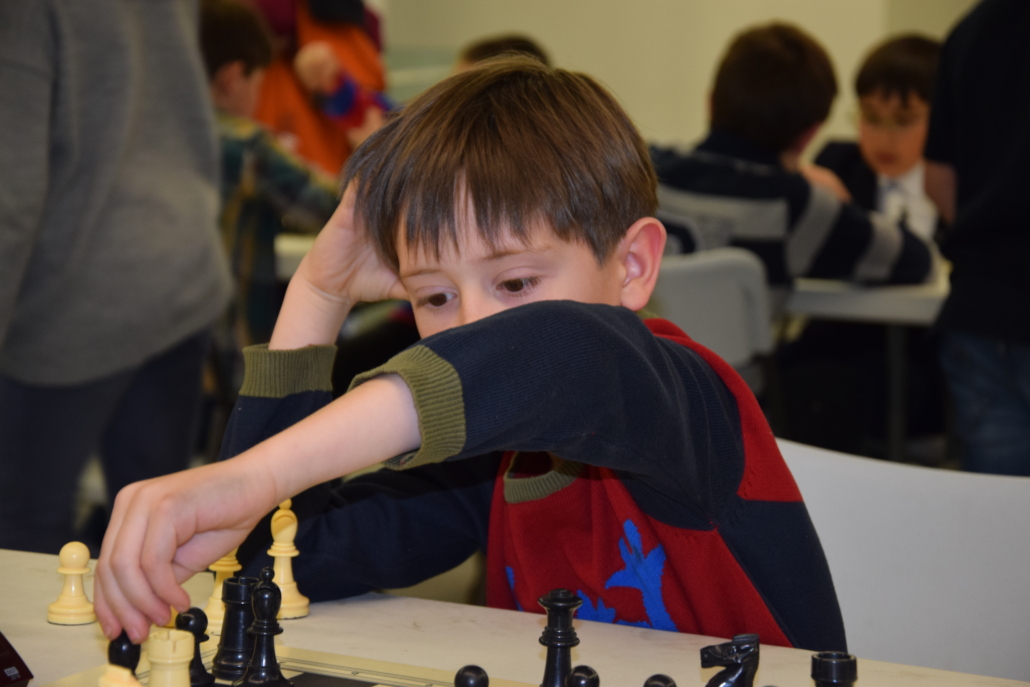Addressing Child Poverty in Andorra
 Andorra is one of the smallest states in Europe with a total population of around 80,088 and an under-18 population of around 14,000 people. Although the World Bank designates Andorra as a high-income country (having a GNI of $75,090 per capita as of 2022), the leading cause of child poverty in Andorra seems to be a lack of economic resources and security. This in turn can lead to severe material deprivation for a child and their family.
Andorra is one of the smallest states in Europe with a total population of around 80,088 and an under-18 population of around 14,000 people. Although the World Bank designates Andorra as a high-income country (having a GNI of $75,090 per capita as of 2022), the leading cause of child poverty in Andorra seems to be a lack of economic resources and security. This in turn can lead to severe material deprivation for a child and their family.
Data Behind Child Poverty in Andorra
As of 2022, 14% of under 18-year-olds and 14.7% of under 16-year-olds are at risk of poverty and social exclusion. This is an increase from 2018 when 13.3% of those under 16 were at risk of poverty (living with an expenditure below 60% of the national median). However, what is interesting is that when looking at single-parent families with one or more dependent children the proportion of those at risk of poverty increases significantly. In 2019, 24.4% of under 16s in a single-parent household were at risk of poverty, with 17.4% of single-parent households struggling with severe material deprivation.
While there is limited data on hunger or malnourishment in children, data does show that around 0.7 to 1% of children are underweight or thin. However, Andorra boasts a 100% literacy rate, making education’s prevalence very high. This is likely due to Andorra making public schooling free, reducing the impact of poverty on a child’s education.
Tackling Child Poverty in Andorra
Although child poverty is still present in Andorra the general poverty rates are still lower than the EU average of 24.8%. The Andorran Government has also implemented multiple initiatives to tackle child poverty and its sources. One example of an initiative that has helped reduce child poverty in Andorra is the Parròquies Amigues de la Infància (Child-Friendly Parishes) initiative. UNICEF Andorra runs the initiative, operating at the regional level and it promotes children’s participation through child Councils; a dedicated “child-friendly budget;” childhood data collection; and “the development of a national plan for children in conjunction with the state government.”
UNICEF Andorra measures the progress of the individual parishes under this initiative. If reviewed positively it grants the parish “the Child Friendly Parish Recognition”. This initiative has been so successful that UNICEF has claimed that “[a]s of 2023, all the seven parishes in the country are involved in the initiative, reaching almost 14,000 children, making Andorra in effect a child-friendly country.” The effectiveness of the initiative is due to its partnership with organizations such as the Community Association and Ministry of Education, facilitating its focus on educating children about their rights so they are empowered to be able to defend their rights and alter their future circumstances.
Promoting Child Rights
The Andorran Government also plans to carry out dissemination campaigns about child rights so that people are aware of these rights, are less likely to violate them and are more likely to guarantee them. The Child-Friendly Parishes initiative has also been key in involving the voices of children in decision-making so that political decisions affecting them are more likely to take into account their wants and needs, allowing these children to help shape their future.
From 2021 to 2022, 80 children from 9 to 12 years old have been elected as councillors from their respective parishes, and 611 students of the same age have participated in workshops promoting participation. Furthermore, 28 people aged 14 to 16 take part each year in the General Council of the Youth where they discuss and debate different proposals for laws on topics that interest them, replicating the operation of the General Council. All seven communal children’s councils have also maintained Child-Friendly Parish Recognition. according to a 2022 report.
Although there is a significant lack of data on the SDG trackers with 35 out of the 48 child-related SDG trackers lacking data the government still demonstrates effective measures and initiatives to reduce child poverty in Andorra. The most effective means of achieving this is through education, which includes multiple initiatives, such as the Child-Friendly Parishes Initiative. Children have been effectively involved in decisions about their future, educating them on how to change their circumstances and future for the better, enabling them to escape child poverty in Andorra.
– Archie Day
Archie is based in St Andrews, Fife, Scotland and focuses on Technology and Global Health for The Borgen Project.
Photo: Wikipedia Commons
